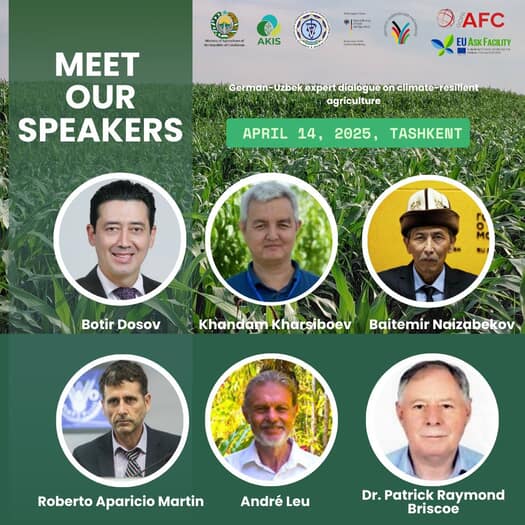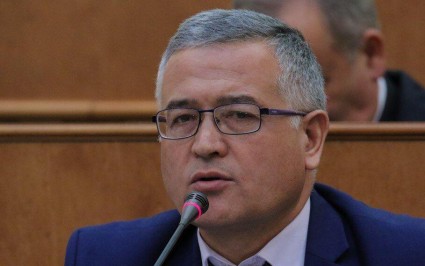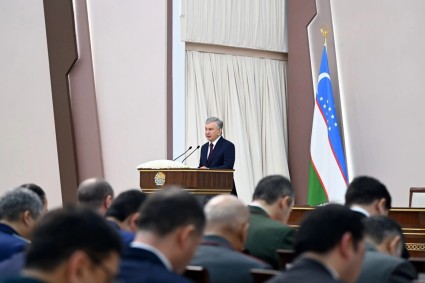With increasing pressure on land resources, population growth and the impacts of climate change such as unpredictable weather patterns or rising temperatures, including its impact on many aspects of life, significant changes in resource management practices are required.
Governments tend to promote such changes towards efficient and sustainable agricultural systems through awareness raising, new regulations on crop rotation, protection of biodiversity and new farming practices. Farmers are also adapting to changing environmental conditions and acting as pioneers. In addition, the current global food system is under intense scrutiny and needs to be transformed to become healthier and climate neutral.
One holistic approach to addressing the transformation of food systems is the concept of agroecology, which has been divided by the High Level Panel of Experts on Food Security and Nutrition into 13 key principles for change in five transitional phases. However, the application and timing of these measures are highly context-specific. The changes required are significant and require a process of information and awareness raising, testing and selection of new technologies and approaches, and societal changes to create an ecologically, environmentally and socio-economically sustainable and equitable food system.
The Uzbek-German FDI Programme (FFD-SP) on climate-resilient agriculture, which has so far focused on forage crops and the availability of appropriate seeds, has realized after an initial phase that the situation of forage crops is not only a question of the availability of varieties and seeds, but also requires changes in the overall system of livestock feed production. According to official data, in Uzbekistan, most of the resources are directed to irrigated land, which is largely (about 70%) used for cotton and winter wheat production. Crop rotation has proven to be too narrow to maintain soil organic matter, good soil structure and high soil fertility, which threatens overall food security. The area of вАЛвАЛirrigated land is only 4 million hectares, while drylands, including crops, pastures and rangelands with a wide range of functions, extend over 20 million hectares. For these areas, there is no clarity on how to increase their contribution to a sustainable food system. In other parts of the world, there is experience in increasing this contribution and increasing sustainability.
BMEL, within the framework of the Uzbek-German Expert Dialogue program, together with Uzbek partners, is organizing a 2-day workshop to inform all stakeholders in the national agricultural and food system about the fundamental concepts of agroecology and its potential to create more sustainable systems in both agriculture and the food industry. Through the planned two-day meetings, the Programme aims to provide Uzbek policymakers, legislators, researchers, progressive farmers and farm representatives, as well as financial and development partners with the opportunity to become familiar with emerging Uzbek and Central Asian solutions, learn about and discuss more viable agricultural models to ensure economic, environmental and socio-economic sustainability.
















